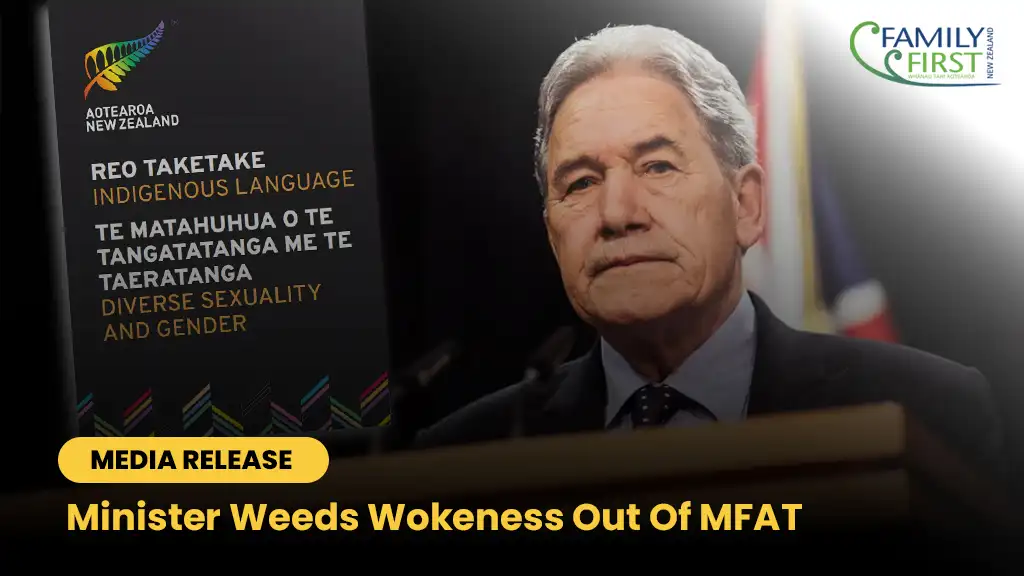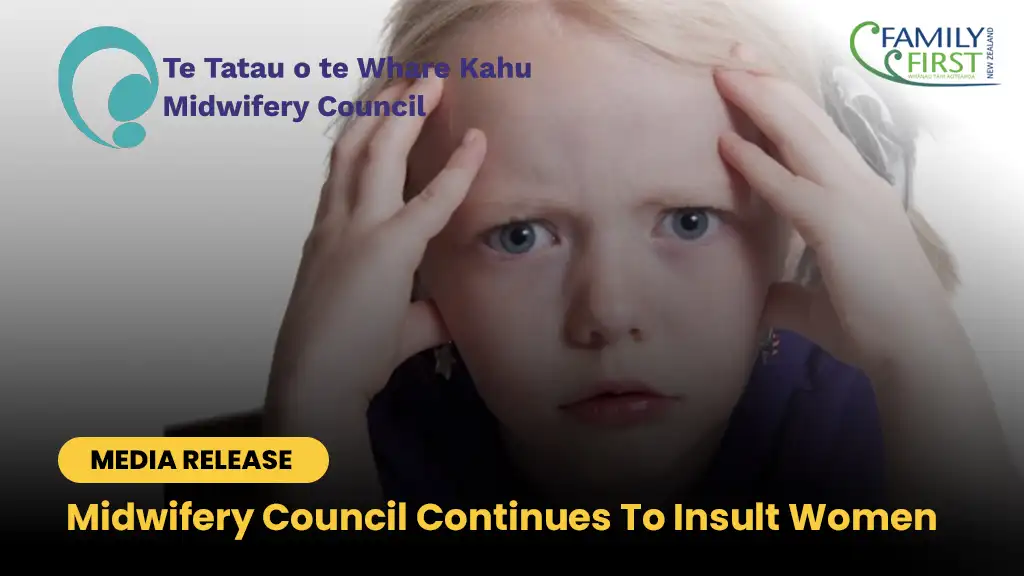Media Release 15 September 2019
Family First Comment: “17.3% of mothers were categorised as having experienced 1-4 relationship transitions from pregnancy to the 4.5-year interview… almost one in five mothers had periods of time when they were raising their child alone… The report notes, “…families marked by parent/caretaker relationship transitions tend to raise children who exhibit higher levels of problem behaviour [aggression, anxiety] and lower levels of prosocial behaviour [kindness, consideration].”
Findings from a Victoria University Study published by the Ministry of Social Development last month found specifically, “17.3% of mothers were categorised as having experienced 1-4 relationship transitions from pregnancy to the 4.5-year interview… almost one in five mothers had periods of time when they were raising their child alone.”
Welfare researcher Lindsay Mitchell, who’s produced three papers for Family First relating to the effects of family structure on child poverty, child abuse and imprisonment, says 17.3% is a bare minimum:
“Firstly, a portion of study members dropped out over the period examined. Children assessed, “…ranged from 6,853 at the antenatal interview to 6,156 at the 4.5-year interview,” an attrition rate of ten percent. It’s highly likely that some mothers from the Growing Up in New Zealand study – the source of the data – who became uncontactable or refused to participate, also experienced relationship instability. Secondly, “…the identity of the specific partner was not identified at points 3 and 4 [2 year and 4.5-year interviews], so it is possible the mother might have re-partnered over the time frame.”
Relationship transitions are characterised by entrances and exits by biological parents, romantic partners or spouses. The report notes, “…families marked by parent/caretaker relationship transitions tend to raise children who exhibit higher levels of problem behaviour [aggression, anxiety] and lower levels of prosocial behaviour [kindness, consideration].”
This is because, “Children in the first year of life typically develop strong emotional bonds to their parents and caretakers, and disturbances of these attachments may not only cause emotional difficulties, significant stress may also actually harm the all-important foundation of the infant’s brain.” Additionally, transitions experienced early in life are more adverse than those experienced later. Relationship transitions also lead to changes in the homes children live in, schools, neighbourhoods and peers.
A surprising finding was relationship instability before birth had the greatest effects on childhood behaviour. Nearly one in twenty (4.7%) mothers separated from the biological father between conception and birth.
Importantly, the study authors wanted to determine if family or community connectedness would reduce the negative effects of relationship instability on child behaviours. They state, “The key hypothesis that social connectedness would buffer/lessen the strength of the relationships between vulnerability and relationship instability on the one hand and resultant child outcomes on the other hand was tested, and weak support was obtained for this prediction. In particular, neither family connectedness nor community connectedness functioned to reduce the impact of risk factors on externalising or internalising behaviour…”
The report goes on to recommend housing and financial support for un-partnered mothers as well as “support for existing relationships” through “government funding for counselling services.”
Mitchell responds, “Strong families and strong relationships will not develop through greater provision of welfare. As the report observes, relationship instability, “… is increasing in our society”. The growing prevalence of divorce, separation, re-partnering and single parenthood has occurred against a backdrop of government intervention. And the provision of counselling services does not guarantee uptake.”
ENDS



